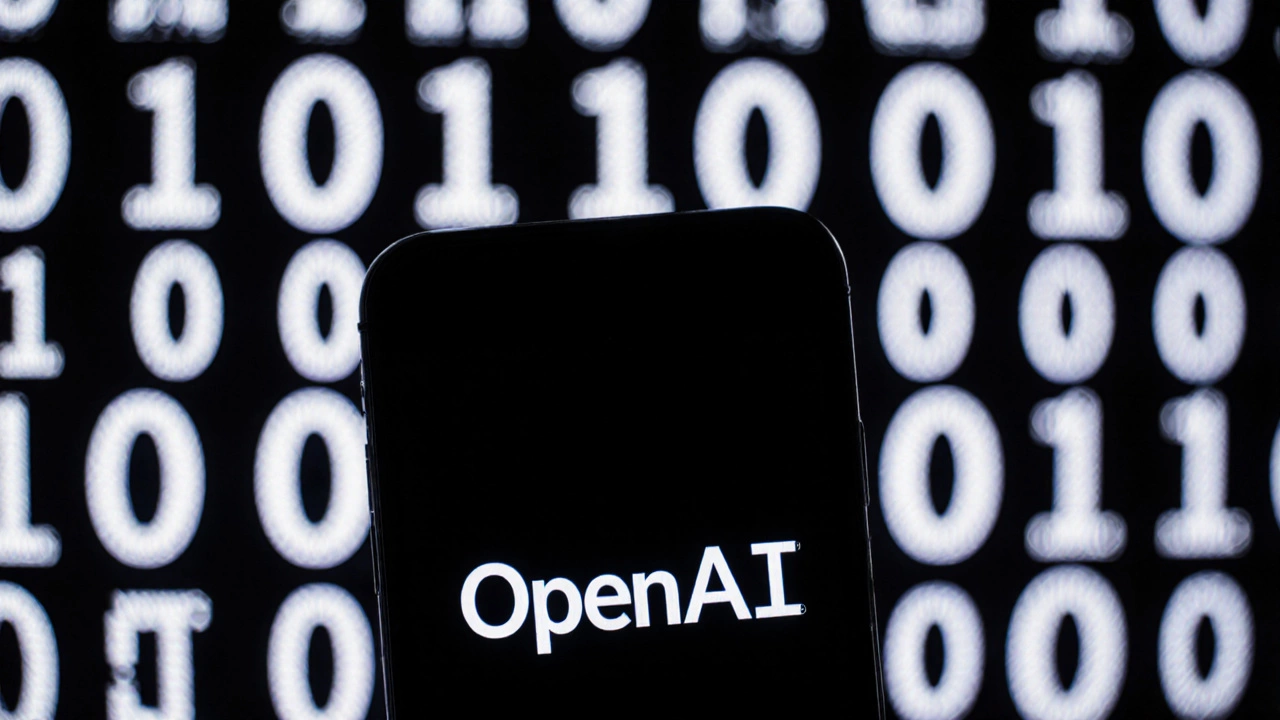OpenAI and Its Growing Influence on Sports, Gaming and Everyday Tech
When talking about OpenAI, a leading research lab that builds advanced artificial intelligence systems. Also known as the creator of ChatGPT, it develops large language models that power conversational agents, data‑analysis tools and creative software. Artificial intelligence, the broader field of machines that mimic human cognition relies heavily on these models, and ChatGPT, a popular chatbot built by OpenAI is one of the most visible products. Together they enable applications ranging from sports performance dashboards to e‑sport coaching platforms.
Why OpenAI Matters for Young Athletes and Gamers
OpenAI's technology creates new ways to analyze game footage; video‑analysis tools can now break down a football play in seconds, highlighting player positions, speed and fatigue levels. This ties into the entity AI in sports, the use of artificial intelligence to improve training, scouting and fan experience, which is reshaping how clubs train and how fans follow matches. At the same time, e‑sport leagues in South Korea are integrating OpenAI‑based bots to simulate human opponents, offering realistic practice partners for teams that can’t afford a full roster. The relationship between OpenAI and e‑sports shows that advanced language models empower virtual competitors, raising the bar for competitive gaming.
Beyond the field, OpenAI fuels educational content for youth. Interactive tutoring apps use ChatGPT to answer questions about nutrition, injury prevention and game strategy, making expert advice accessible to anyone with a phone. This exemplifies the semantic triple: "OpenAI enables AI‑driven learning", while another triple links "AI in sports supports athlete health". As you scroll down, you’ll find posts that dive into specific use cases—like how a Brazilian club used OpenAI’s analytics to plan a comeback at Maracanã, or how a streaming platform leverages ChatGPT to generate real‑time commentary. These stories illustrate the breadth of OpenAI’s impact and give you practical insights you can apply today.
OpenAI Picks AMD’s MI300X Chips in $4.9B Deal, Shaking Nvidia
OpenAI signs a $4.9 billion multi‑year chip deal with AMD, boosting AMD shares and challenging Nvidia’s AI‑hardware dominance.
Read More